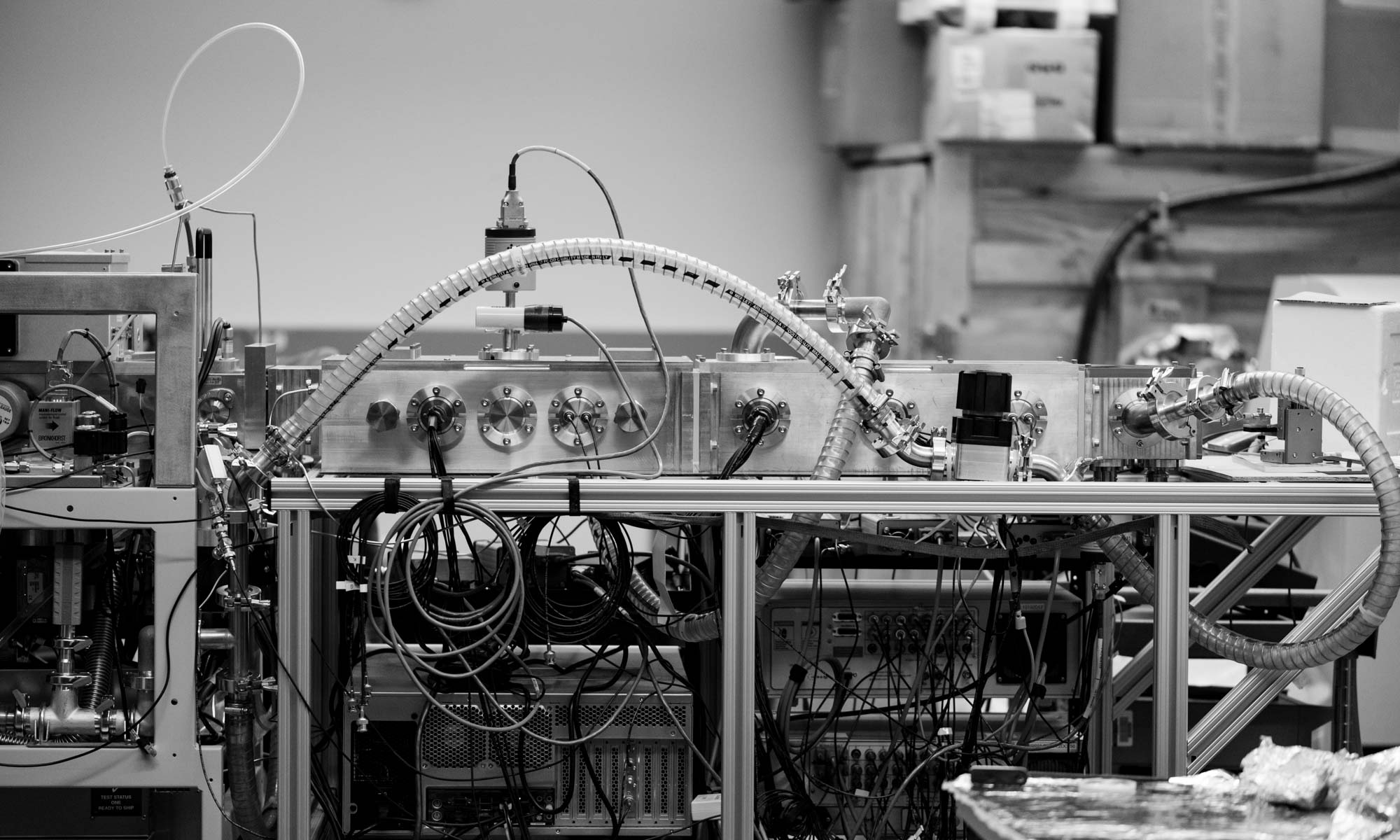
Interpreting the Collision Cross Sections of Native-Like Protein Ions: Insights from Cation-to-Anion Proton-Transfer Reactions. Kenneth J. Laszlo, Matthew F. Bush. Anal. Chem. 2017, DOI: 10.1021/acs.analchem.7b01474. (Link)
The effects of charge state on structures of native-like cations of serum albumin, streptavidin, avidin, and alcohol dehydrogenase were probed using cation-to-anion proton-transfer reactions (CAPTR), ion mobility, mass spectrometry, and complementary energy-dependent experiments. The CAPTR products all have collision cross-section (Ω) values that are within 5.5% of the original precursor cations. The first CAPTR event for each precursor yields products that have smaller Ω values and frequently exhibit the greatest magnitude of change in Ω resulting from a single CAPTR event. To investigate how the structures of the precursors affect the structures of the products, ions were activated as a function of energy prior to CAPTR. In each case, the Ω values of the activated precursors increase with increasing energy, but the Ω values of the CAPTR products are smaller than the activated precursors. To investigate the stabilities of the CAPTR products, the products were activated immediately prior to ion mobility. These results show that additional structures with smaller or larger Ω values can be populated and that the structures and stabilities of these ions depend most strongly on the identity of the protein and the charge state of the product, rather than the charge state of the precursor or the number of CAPTR events. Together, these results indicate that the excess charges initially present on native-like ions have a modest, but sometimes statistically significant, effect on their Ω values. Therefore, potential contributions from charge state should be considered when using experimental Ω values to elucidate structures in solution.

You must be logged in to post a comment.